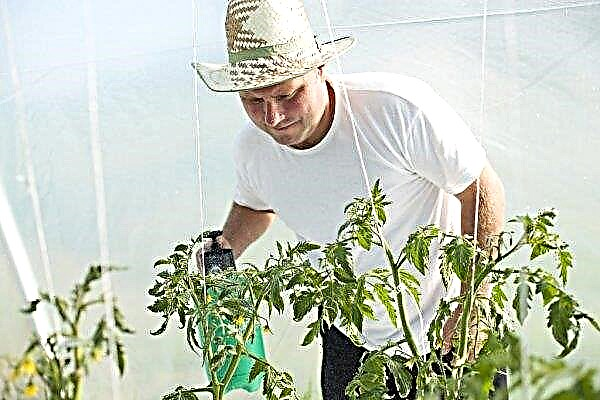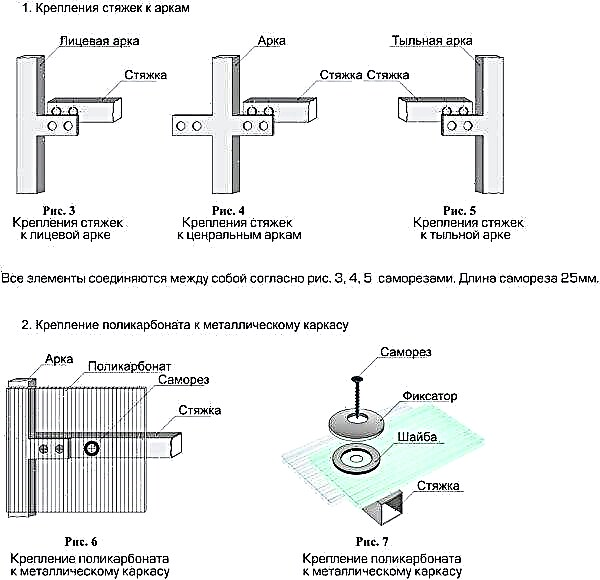Berlin. In the fight against the spread of the pandemic in Germany, the federal Ministry of the Interior ordered the ban on seasonal workers.
A spokesperson said that, at the request of harvesting assistants and other seasonal workers, entry would be denied as part of the existing border control. The Farmers Association called for restrictions to be as short as possible.
In Germany, it is allowed to grow only 80 varieties of tomatoes, although there are more than 15 thousand of them all over the world.
This rule applies to entry from third countries, from the UK, to EU countries, such as Bulgaria and Romania, which do not fully apply all Schengen rules, and to countries such as Austria, for which internal border control has been temporarily restored. How to deal with seasonal workers from Poland and the Czech Republic, has not yet been finally decided. However, due to restrictions in their own country, it will still be difficult for them to enter Germany. Limitations are needed to break the chains of infection.

President of the European Peasant Union Joachim Rukvid said that at this stage, the ban on entry has a very strong impact on business. Limitations should be as short as possible. Companies are ready to take any measures to protect against infection. In particular, urgently needed workers involved in the cultivation of fruits, vegetables and wine.
Agriculture Minister Julia Kleckner also acknowledged that the ban on entry hits farmers extremely hard. The regulations will be reviewed after 2 months. She is discussing with the Minister of the Interior Horst Seehofer the issue of providing asylum seekers in Germany the opportunity to work in agriculture without a work permit.
- Earlier we wrote that German farmers go bankrupt due to the abnormally hot summer.
- In recent years, slaughterhouses have closed in Dresden, Chemnitz and Naunhof, Saxony (Germany). Now the turn of the Altenburg massacre, which will no longer accept pigs. Pig farmers must bring their animals to Weissenfels in Saxony-Anhalt.
- A research team led by Prof. Dr. Barbara Becker from the Technical University of East Westphalia-Lippe in Lemgo is working on an innovative opportunity.












